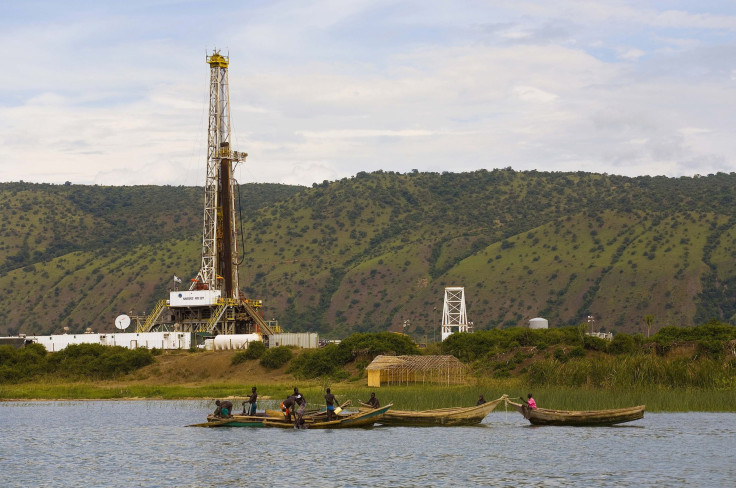Uganda To Award Oil Exploration Licenses in 2015 After 8-Year Freeze

Uganda plans to award new oil and gas exploration licenses next year, ending an eight-year halt in licensing, the country's Petroleum Exploration and Production Department said Tuesday.
The Ugandan government plans to give licenses to more than a dozen oil blocks, the large areas of land that are usually measured in 1000s of sq. kilometers and awarded by a country's government, including at least four big recent discoveries, in an open bidding process, the Wall Street Journal reported.
Seventy-six of 88 oil exploration and appraisal wells drilled in the country have hit oil, raising the country's estimated reserves to at least 3.5 billion barrels of crude from an estimated 500 million barrels in 2007 and attracting international oil companies to Uganda. The new licensing round, planned for the second half of 2015, is expected to attract major international oil companies.
Uganda stopped issuing oil exploration licenses in 2007 to give the country time to develop regulations that ensure that Ugandans benefit from the petrodollars, according to government officials. Shortly after the licensing ban, oil exploration companies discovered a significant amount of commercially viable oil reserves.
Less than 40 percent of the country's oil region has been explored, analysts estimate, due to corruption and political interference, which hampered development. Despite receiving 10 applications in the past two years, Uganda has only issued one oil production license, for $2 billion, to China's state-owned China National Offshore Oil Corp. Uganda's lawmakers have passed two oil bills and are finishing a final bill to regulate their oil industry.
According to a report issued Tuesday by the International Energy Agency (IEA), meeting the world’s growing need for energy will require more than $48 trillion in investment from now through 2035, and this will require countries to maintain credible policy frameworks.
“Policymakers face increasingly complex choices as they try to achieve progress towards energy security, competitiveness and environmental goals,” IEA Chief Economist Fatih Birol said in a statement. “These goals won’t be achieved without mobilizing private investors and capital, but if governments change the rules of the game in unpredictable ways, it becomes very difficult for investors to play.”
Western donors and investors have redirected about $118 million from Uganda since the country's president, Yoweri Museveni, signed a law in February toughening rules against homosexuality. The Ugandan finance minister said in May that the country's foreign direct investment in 2012-2013 totaled $1.5 billion, double that of 2008-2009.
Analysts forecast that current discoveries in Uganda can produce a peak of 200,000 barrels a day over a 30-year period, roughly the amount of oil stolen daily in Nigeria.
© Copyright IBTimes 2024. All rights reserved.






















